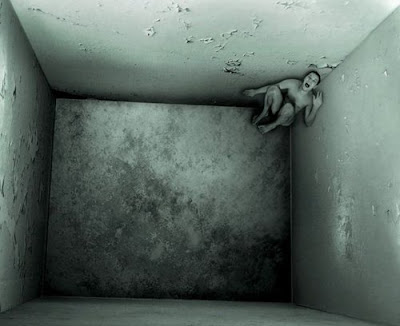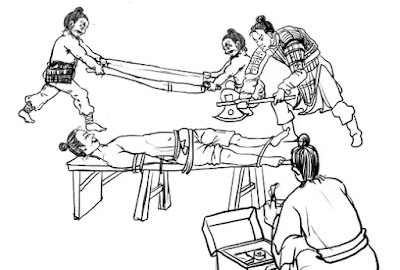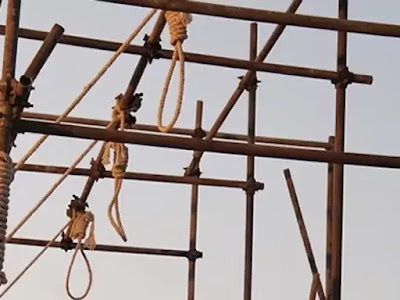There are many ways to destroy a person, but the simplest and most devastating might be solitary confinement. Deprived of meaningful human contact, otherwise healthy prisoners often come unhinged. They experience intense anxiety, paranoia, depression, memory loss, hallucinations and other perceptual distortions. Psychiatrists call this cluster of symptoms SHU syndrome, named after the Security Housing Units of many supermax prisons. Prisoners have more direct ways of naming their experience. They call it “living death,” the “gray box,” or “living in a black hole.”
In June the Judiciary Subcommittee on the Constitution, Civil Rights, and Human Rights, headed by Senator Richard J. Durbin, Democrat of Illinois, held the first Congressional hearing on solitary confinement. Advocates and experts in the field were invited to submit testimony on the psychological, ethical, social and economic issues raised by punitive isolation. Among the many contributors was Anthony Graves, who spent over 18 years on death row in Texas, most of them in solitary confinement, for a crime he did not commit. Graves describes his isolation as a form of “emotional torture.” Two years after his exoneration and release, he still feels trapped in isolation: “I am living amongst millions of people in the world today, but most of the time I feel alone. I cry at night because of this feeling. I just want to stop feeling this way, but I haven’t been able to.”
We tend to assume that solitary confinement is reserved for “the worst of the worst”: violent inmates who have proved themselves unwilling or unable to live in the general population. But the truth is that an inmate can be sent to the hole for failing to return a meal tray, or for possession of contraband (which can include anything from weapons to spicy tortilla chips). According to the Bureau of Justice, there were 81,622 prisoners in some form of “restricted housing” (code for solitary confinement) in 2005.
Source: Lisa Guenther, The Opinion Pages, The New York Times, August 26, 2012. Lisa Guenther is an associate professor of philosophy at Vanderbilt
University and the author of the forthcoming book “Social Death and Its
Afterlives: A Critical Phenomenology of Solitary Confinement.”



.jpg)






